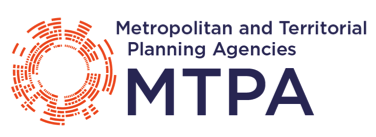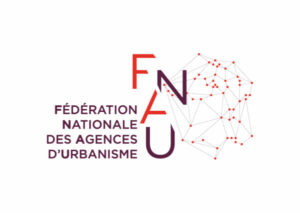
The National Federation of Urban Planning Agencies (FNAU) was founded in 1980, and today brings together 49 urban planning agencies in France. Most of France’s urban planning agencies are associations.
FNAU is an association of elected representatives that provides a forum for dialogue on urban issues. It takes a stand in major national and European debates on urban policies and the future of cities. The FNAU technical network brings together 1,500 urban planning professionals. The Federation provides them with a meeting place and an exchange network where they can capitalize on their knowledge, share their experience and mobilize on collective projects.
___
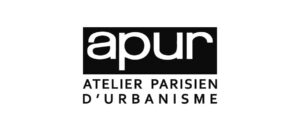
The Parisian urban planning workshop (Apur) is an association governed by the French law of 1901, created on July 3, 1967 by the Paris City Council.
Apur’s mission is to document, analyze and develop forward-looking strategies for urban and societal change. It is above all :
- A tool at the service of public planning and development policies at Parisian and metropolitan levels;
- A trailblazer in the development of the Greater Paris metropolis;
- A platform for exchange, dissemination and joint construction with all players in Paris and the metropolis, technical unions, public establishments, local authorities and citizens.
Its missions are defined each year in a work program organized around 4 areas:
- Data and reference maps;
- Studies, based on 8 work themes: cities and urban forms/environment and networks/public space and mobility/social and societal/housing and accommodation/economy, employment, commercial real estate, trade, tourism/support for the metropolis and major projects;
- International as part of decentralized cooperation programs;
- Dissemination internally, to partners and the general public.
___
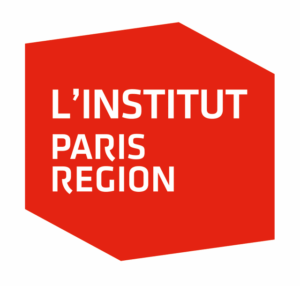
Ile-de-France Urban Planning and Development Institute (IAU îdF) was created in 1960 by decree of the Minister of Public Works, and subsequently recognized as a public utility foundation. Nowadays, it is named the Paris Region Institute (IPR) and it is funded by the Ile-de-France region. Its technical and scientific contributions, as well as the assistance it provides to governments and local authorities on every continent, are recognized the world over. The institute is a key venue for land-use planning and deals with a wide range of themes, including :
- environment, ecology and landscape ;
- sustainable development
- mobility and transport ;
- local economy and finance
- housing and accommodation
- employment and training;
- land management;
- public facilities and services;
- safety and prevention;
- social cohesion;
- health;
- sports ;
- new technologies and geographic information;
- international action.
Internationally, the IPR assists local authorities all over the world, enabling them to benefit from its expertise.
___

The Greater Lyon Urban Planning Agency is a French association under the law of 1901. It is involved in planning, urban projects and monitoring the territory. Its teams produce analyses and formulate proposals to lead technical groups and enlighten elected representatives.
The agency works on a wide variety of topics:
- the environment
- the economy
- urban policy ;
- transport ;
- land ;
- major projects ;
- urban composition ;
- agriculture ;
- socio-demography ;
- planning ;
- heritage ;
- digital ;
The Greater Lyon Urban Planning Agency also has international activities and assists its metropolitan area in the context of decentralized cooperation.
___

Mali’s Regional Development Agencies (ADR) are Regional Public Authorities of an administrative nature created on 02 April 2015. 2016 saw the effective establishment of the ADRs following the appointment of their General Managers. Staff were recruited in the first half of the year.
Missions
With legal personality and financial autonomy, the ADR’s mission is to promote regional and local development in its area of intervention. To achieve this, it is responsible for assisting the local and regional authorities in its area of responsibility in the exercise of project management for regional and local development with regard to:
- the planning of development operations within the areas of competence of the local authorities and in line with the public policies defined by the State.
- the preparation and programming of development operations, in particular those relating to the improvement of infrastructure, facilities and/or public services for the population.
- carrying out development operations, in particular those relating to the construction of infrastructure, the installation of facilities and their commissioning.
- managing local authority services.
- mobilizing resources to finance regional and local development.
Bamako ADR’s activities include
- urban marketing for the city of Bamako.
- promotion of the ‘pedestrian boulevard’ soft traffic mode.
- building the capacity of local authority technical departments in strategic urban planning.
- formulating structuring projects for the city of Bamako.
___

The Federation of Urban Agencies in Morocco (MAJAL) is a non-profit-organization under Moroccan law. It was created by a joint effort between its members and the government authority responsible for urban planning, with a view to linking the Kingdom’s urban agencies into a network.
With this objective in mind, MAJAL, throughout its 10 years of existence, has put the expertise of its members at the service of stakeholders in the field of urban and regional planning, by establishing itself as a source of proposals for the development and evaluation of public policies in this area.
Since the creation of the first Urban Agency in Morocco, in Casablanca, in 1984, the Network of Urban Agencies has continued to develop. Today, the national territory is covered by 30 Agencies with 1,700 urban experts and practitioners. These decentralized entities, placed under the supervision of the Ministry of Urban and Regional Planning, are public establishments with powers in the field of urban planning and territorial development, which mainly concern urban planning, the examination of applications for urban planning authorizations, the supervision of construction sites and the support of local authorities in their development strategies.
To accomplish these tasks, MAJAL is responsible for:
- promoting and disseminating knowledge acquired in the fields that contribute to the management, planning and development of territories.
- encouraging all joint reflection, research and studies likely to contribute to a better organisation of urban and rural areas, to the improvement of the environment and of the living conditions of the population.
- facilitating the pooling of resources and efforts of Urban Agencies in order to carry out actions of common interest (studies, training, cooperation).
The main activities of the network in this context are:
- Sharing and disseminating good practice through the organization of national meetings of Urban Agencies, as well as seminars and thematic clubs on issues relating to strategic priorities in urban planning and territorial development.
- Publishing reports and studies on various topics related to the Urban Agencies’ activities.
- Carrying out actions of common interest in the fields of studies, training and cooperation.
- The promotion of partnerships with national and international organizations working in areas common to the Urban Agencies.
___
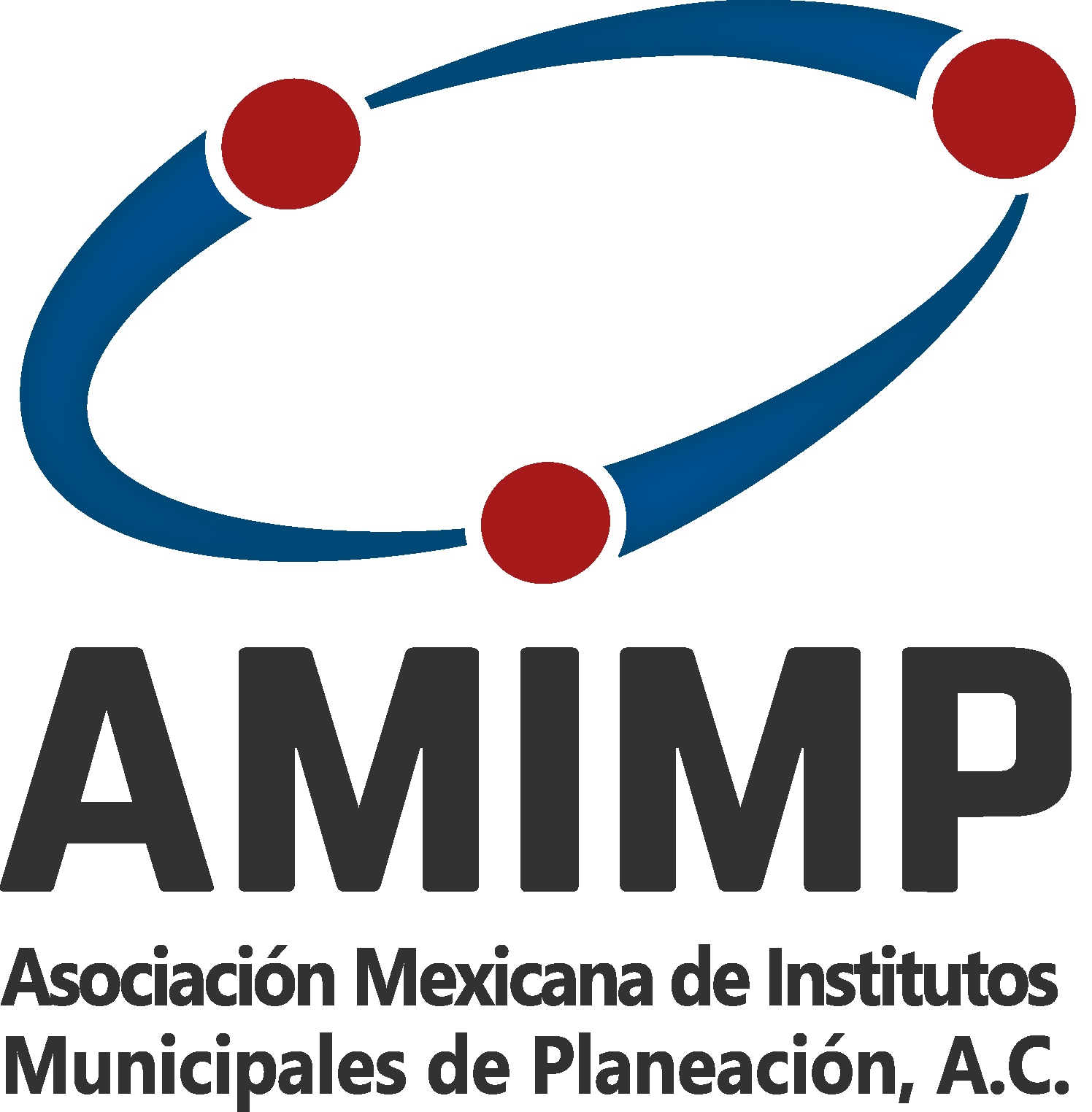
The Mexican Association of Municipal Planning Institutes (AMIMP) is a civil association formed on December 15, 2003, whose aim is to represent and defend the interests of Municipal Planning Institutes (IMPLANES) in their dealings with other organizations in the same field. It brings together 57 organizations grouped into three Mexican geographical zones (North, Central and South). The association is conceived as a forum for dialogue and the exchange of information, techniques, training plans, urbanization and participatory planning, in order to boost the experience of each organization. AMIMP is an advisory body that certifies and evaluates municipal planning systems.
AMIMP’s mission is to form a group of organizations responsible for integrated planning, to act as a link between public and private bodies by gathering information useful to local and regional government decision-making, and to certify the vision of municipal planning by recognizing contributions to sustainable development.
AMIMP’s objectives are to
- promote the culture of municipal planning and the creation of municipal organizations in this field ;
- encourage the exchange of experience and technical information by acting as a link between different planning organizations;
- encourage the financing and development of municipalities in this field;
- act as an advisory body to certify and evaluate municipal planning systems.
___

The Fortaleza Research and Planning Institute (Ipplan Fortaleza) is an organization linked to the Mayor’s Office.
- They carry out and disseminate data-driven research and studies on the capital of Ceará and the metropolitan region, generating knowledge ;
- They integrate, monitor and evaluate public policies;
- They draw up innovative plans and projects for sustainable urban development and the reduction of inequalities.
https://www.iplanfor.fortaleza.ce.gov.br/
___
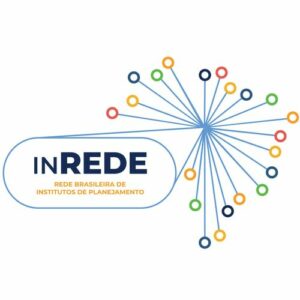
InREDE aims to strengthen the planning culture in Brazilian municipalities and increase dialogue between institutes, promoting knowledge exchange, cooperation and exchanges between management and technical teams.
https://www.redus.org.br/rede-nacional-de-institutos-de-planejamento
___
![]()
Founded in 1957, the Shanghai Urban Planning and Design Research Institute is one of China’s leading planning units. Anchored in both operational and research approaches, the institute is renowned for its urban engineering consultancy skills. It has provided technical support for several Chinese national strategies, such as the development of the Lingang pilot free trade zone and the Yangtze River delta management plan, and produced the Shanghai 2035 master plan.
Its main missions include the following areas:
- Urban renewal;
- Mobility and transport;
- Safety and security;
- Land availability;
- Regional planning;
- Landscape architecture.
___
![]()
The Beijing Municipal Institute of Urban Planning and Design is a public institute established in 1986, primarily responsible for the planning and maintenance of developments in the Beijing area, and reporting to the Beijing Municipal Planning and Natural Resources Commission. The institute’s responsibilities include the Beijing Urban Master Plan, the planning strategy for the Beijing-Tianjin-Hebei region, and planning for the 2008 and 2022 Olympic Games.
Its main missions cover the following themes:
- Sport;
- Heritage protection;
- Mobility and transport;
- Land availability;
- Sustainable development and environment;
- Economic development ;
- Energy;
- Digital technologies;
- Regional planning.
___
The Bogota-Cundinamarca metropolitan region is an associative entity created in 2020 and made up of the city of Bogota, the department of Cundinamarca, which extends over 116 municipalities, and the associated communes located in the department. It is structured around a regional council made up of local elected officials (the mayor of Bogotá, the governor of Cundinamarca and the mayors of the associated municipalities), which defines the strategic direction of the metropolitan region, notably through a strategic planning plan.
Its main missions include the following areas:
- Digital technologies;
- Economic development;
- Habitat and housing;
- Mobility and transport;
- Sustainable development and environment;
- Food safety and security.
https://regionmetropolitana.gov.co/
___
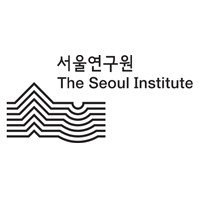
Founded in 1992, the Seoul Institute is a professional research center whose mission is to support municipal public policies through in-depth studies of urban development, the economy, the environment, society and governance. Its main objective is to improve the living conditions of the inhabitants of the South Korean capital. The institute is active in the following fields:
- Health;
- Culture;
- Education;
- Industries;
- Urban planning;
- Mobility and transport;
- Safety;
- Environment.
https://global.si.re.kr/index.do
___

“Yerevanproject” Closed Joint-Stock Company, 100% owned by Yerevan Municipality, was established in 1958 and continues to be one of the leading urban planning and design organizations of the capital.
The company provides professional services in the following fields:
- Urban planning and design
- Engineering infrastructure design
- Structural design
- Cartographic services
- Geological services
“Yerevanproject” applies an approach based on the integration of modern technologies with Armenia’s cultural heritage. Over the decades, the company has implemented and continues to implement a wide range of projects — from the development of Yerevan’s General Plan to the design of residential complexes, cultural, educational, and healthcare institutions, as well as transport infrastructure.
Yerevan, Buzand street 1/3,
+37410 562-711
